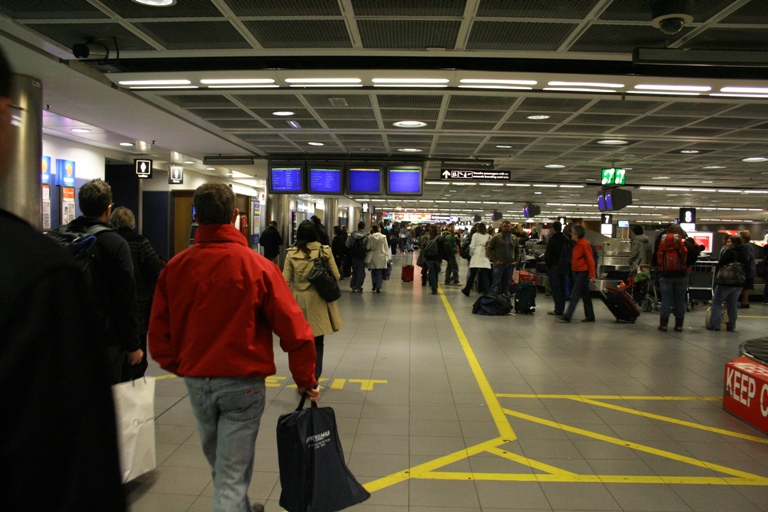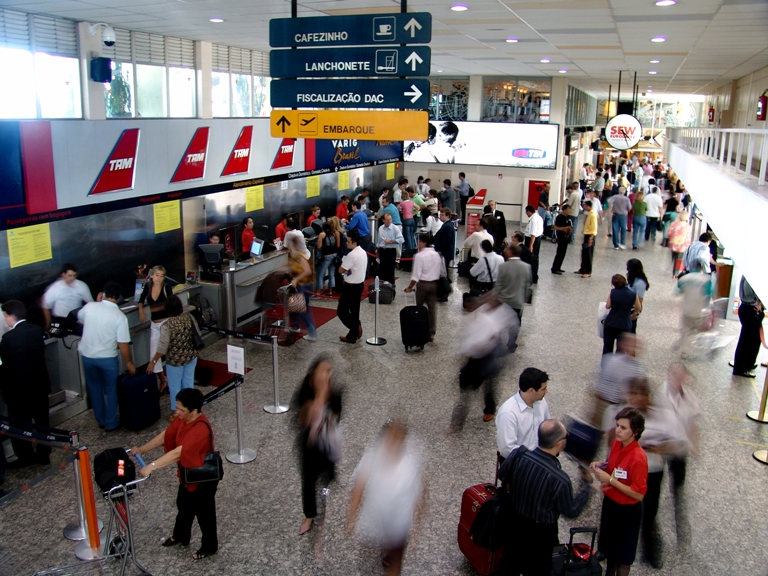Eating an orange in Valencia, Spain is an experience like nothing else. It’s tempting to try and bring one or two of these sweet, juicy globes home to share with family and friends. Attempt it, however, and customs agents at the border may not share the enthusiasm. So why does trying to enter a new country with something as innocuous as fruit ruffle so many feathers?
What’s the Point?
Local plant and animal life evolve defenses to protect them from local threats. When a foreign threat is introduced, however, local life can be caught unprepared. When rabbits were introduced into Australia, for example, they wiped out thousands of native plants and animals in one of the most devastating examples of the dangers of invasive species. So when a customs officer asks if you went hiking, visited any farms, or have some fruit in your bag, they’re not doing it to be annoying; they’re doing it to protect against damage by foreign florae and fauna.
Customs agents are also working to protect their local economic interest and populations. Politicians have negotiated long and hard to establish international trade agreements, governing exactly how much of a given item can be imported and exported, and how much of a tax to put on them. Tourists are allowed to import a certain amount of goods (enough for personal use, but not much more) before a tax (or “duty”) is imposed on them. Exceed that amount, and a duty will be imposed. When it comes to medicine, government organizations (like the FDA in the United States) work to protect their citizenry from untested medications. Keeping a tight eye on what enters the country is part of that mission. And crossing borders with weapons is strictly regulated, for pretty obvious reasons.

With that established, there are a few ways to help customs agents do their job, which should help you spend less time in line and more time enjoying the trip.
- Every item acquired while abroad needs to be declared
This applies across the board, regardless of how or where it was acquired. Keep a record of these items, how much they cost (save the receipts!), and pack them all in a separate bag. This’ll make getting through customs a breeze.
- If a foreign item isn’t declared, customs has the authority to seize it
The good news is that declaring something doesn’t necessarily mean a duty will be charged on it. The amount varies, but travelers returning to the United States are allowed roughly $800 worth of merchandise before a duty is imposed. (Items such as cigarettes, cigars, and alcohol have separate limitations. When in doubt, do some research!)
- Chuck out that rock collection
Generally speaking, if an item is a natural material (e.g. fruits, rocks, shells, any form of wood, etc.), they may not be allowed across the border. Bought a wood-carving on the beach? Sorry, it might be a good idea to get rid of it before crossing the border, or a hefty “monetary penalty” may be involved!
- Clean your gear
Wash off items like hiking boots before arriving at customs, especially if you went hiking or explored any agricultural areas. Customs agents may still wish to disinfect or confiscate the boots, so be prepared to give them up.
- Avoid confusion by registering pre-owned items
When traveling with an expensive item that’s already owned at the start of the trip (e.g. laptop or camera), consider registering these items on a Certificate of Registration for Personal Effects Taken Abroad prior to departure. This will help avoid any confusion at border crossings, where duties might otherwise be imposed on them.
- Medications should be carried in their original containers
They should also only be carried in limited quantities (enough for personal use during the duration of the trip). It’s a good idea to keep prescription notes from the doctor with them. Don’t want anyone to think you’re a drug-mule!
- Fill out the customs paperwork before you get in line
When flying, airlines usually provide the requisite customs and immigration paperwork, but may not provide writing instruments.
- Know your destination address
It is often required on the customs declaration, be it a hotel or home.
- Be understanding
These customs agents are working to protect their homeland. It’s the traveler’s responsibility to respect local laws and customs, so stick to them, and help protect the fabulous variety our planet has to offer!
